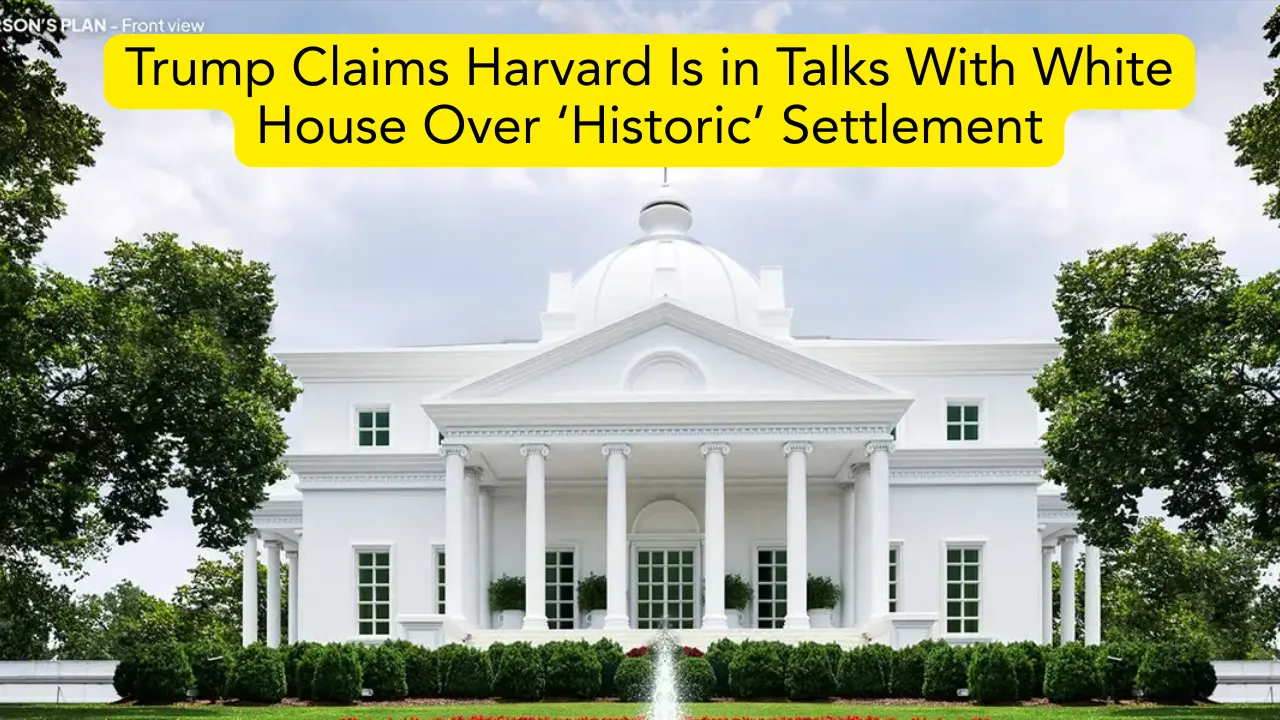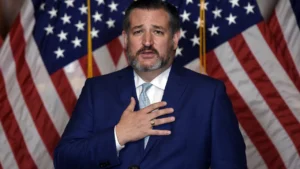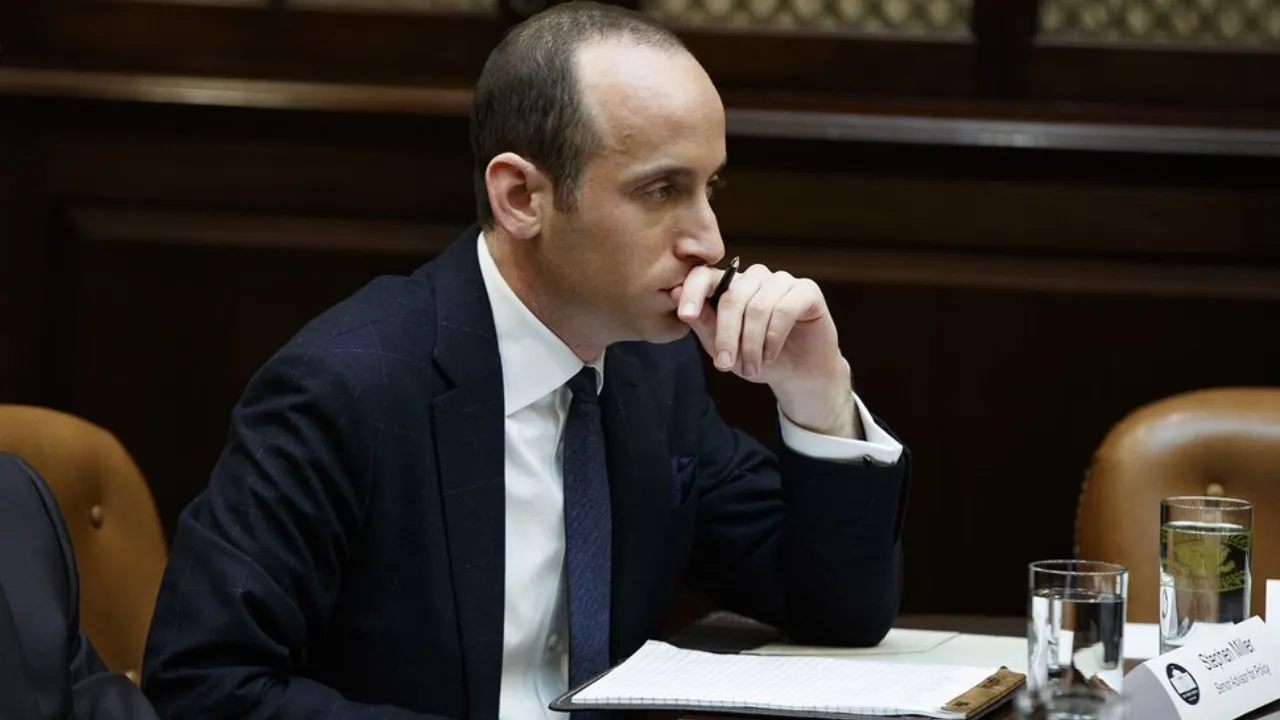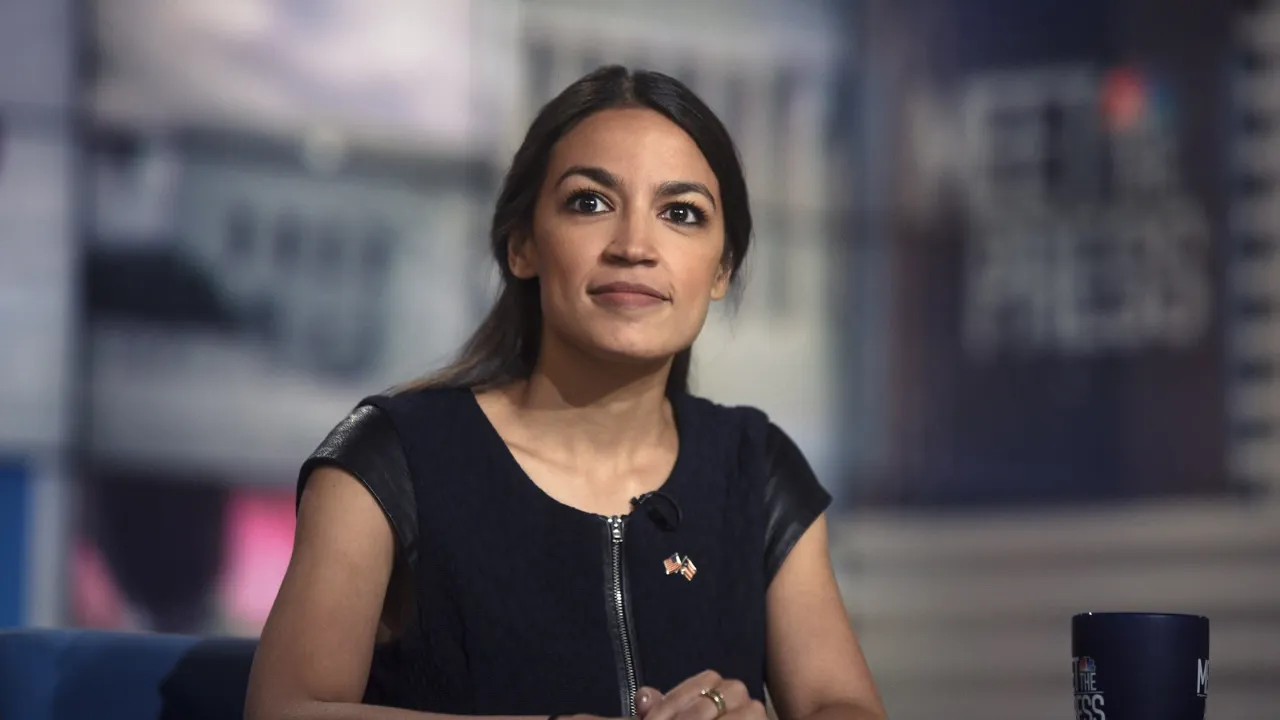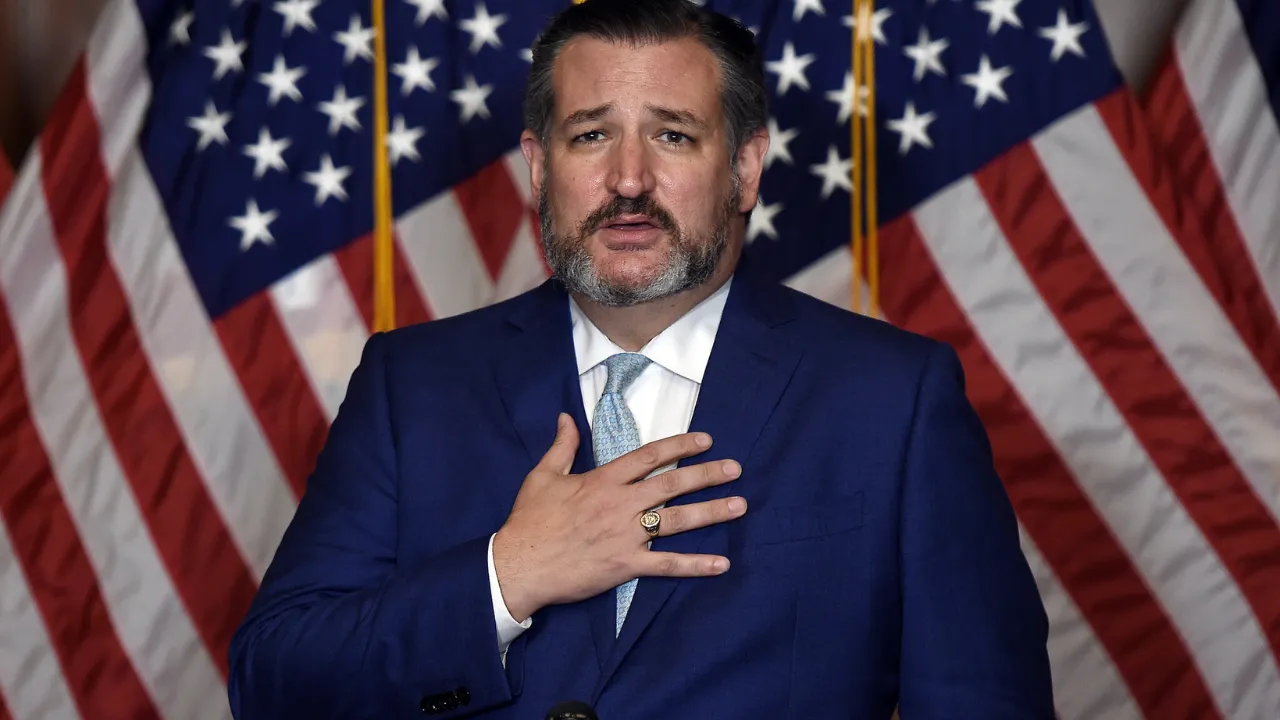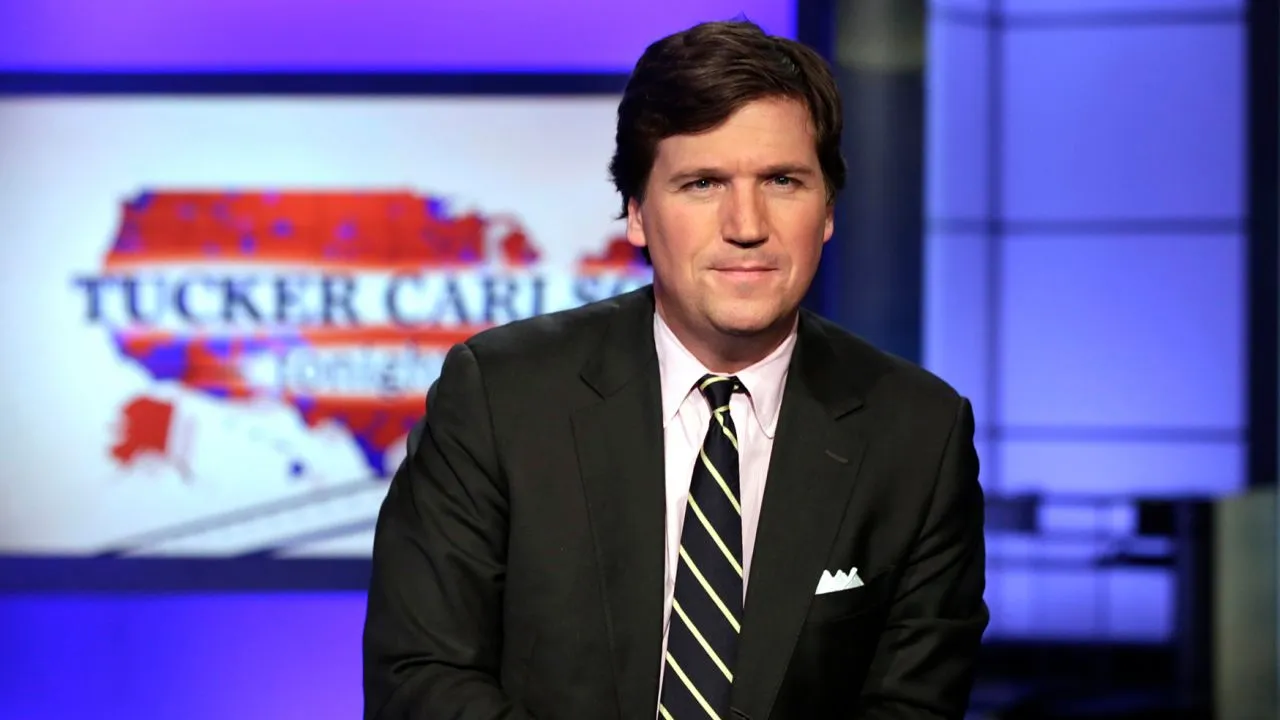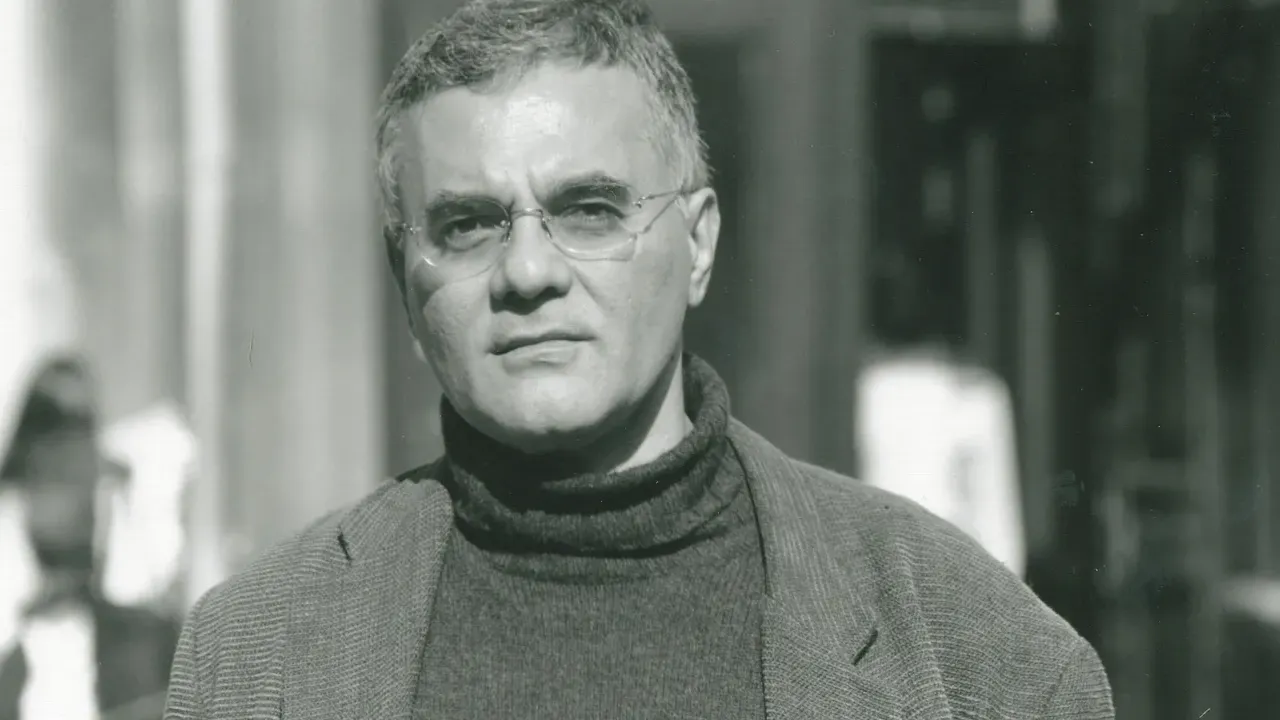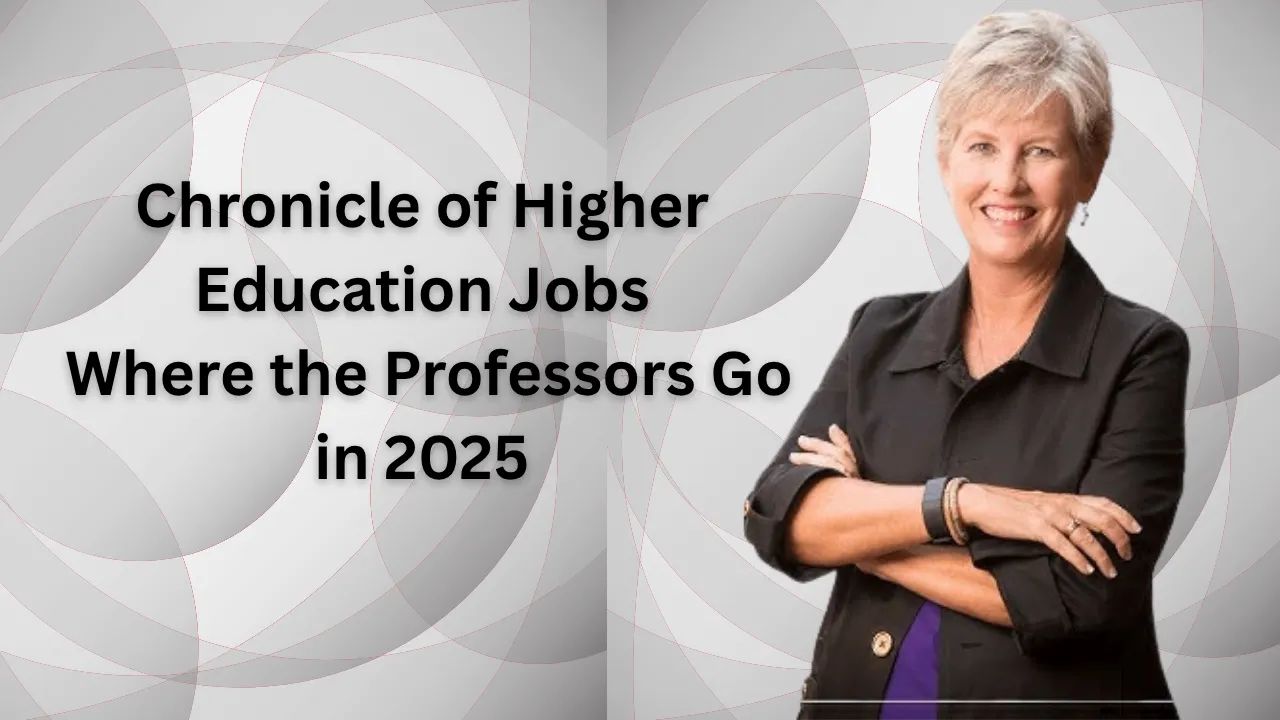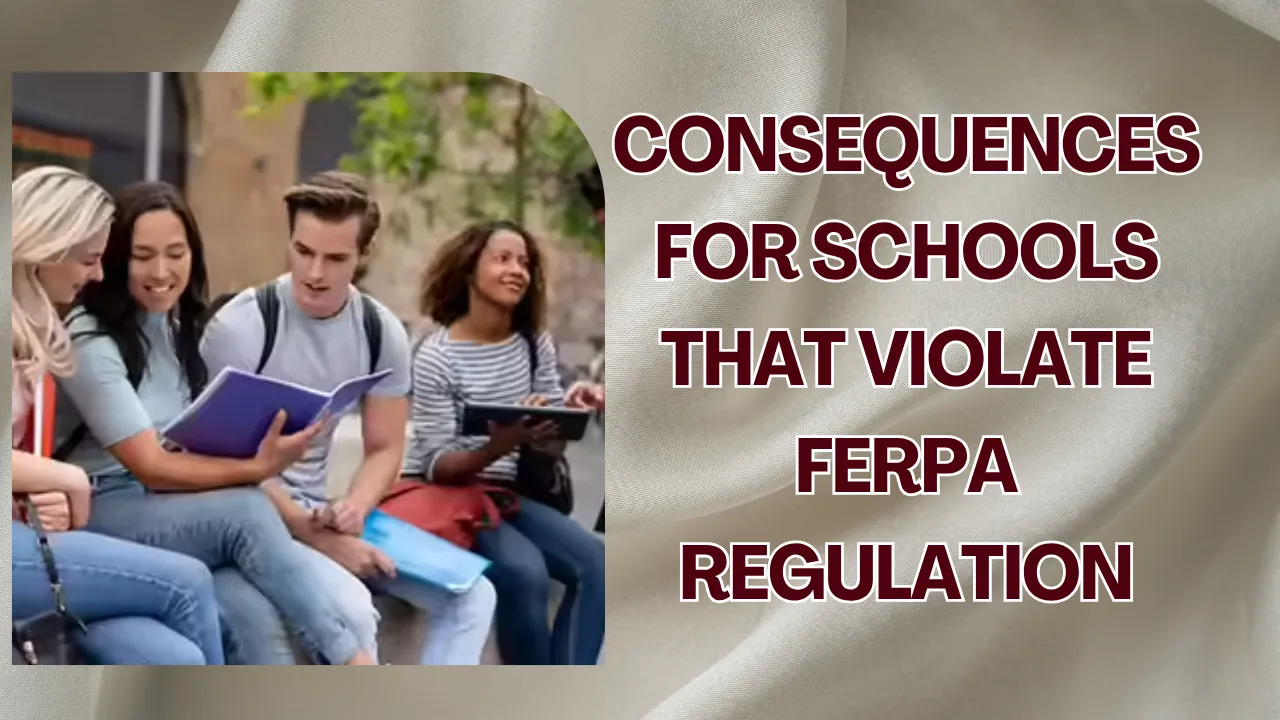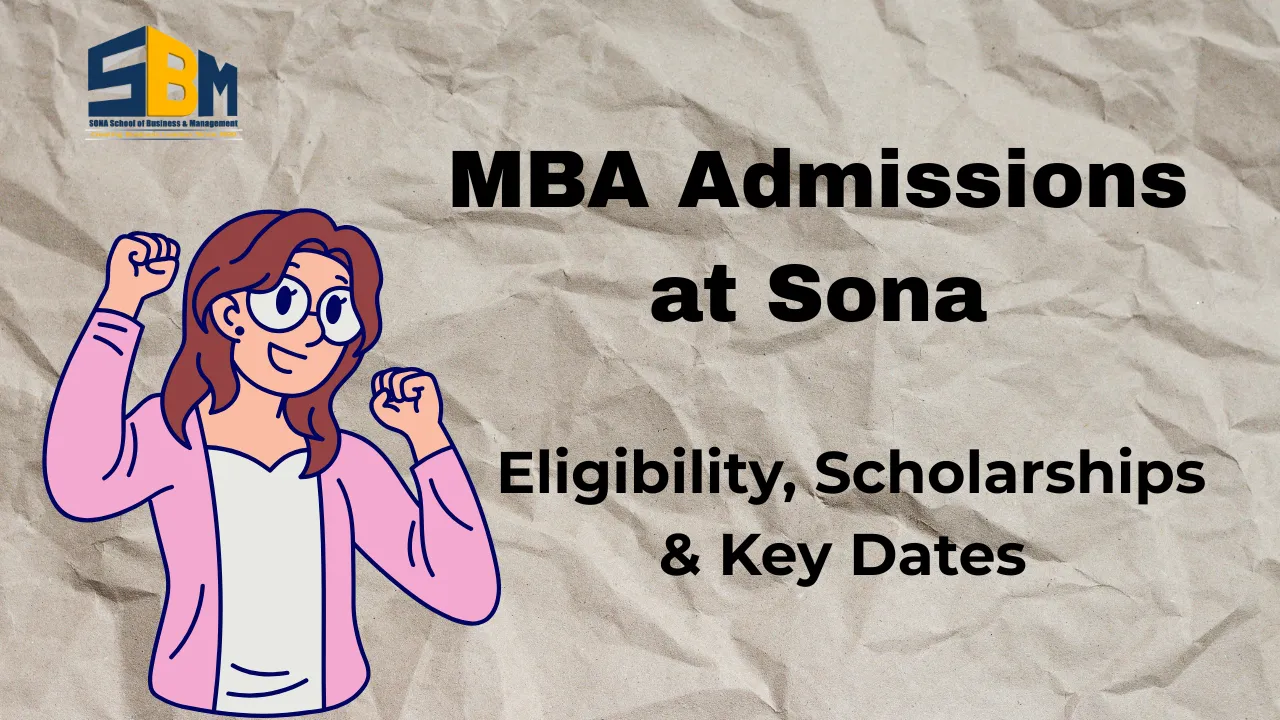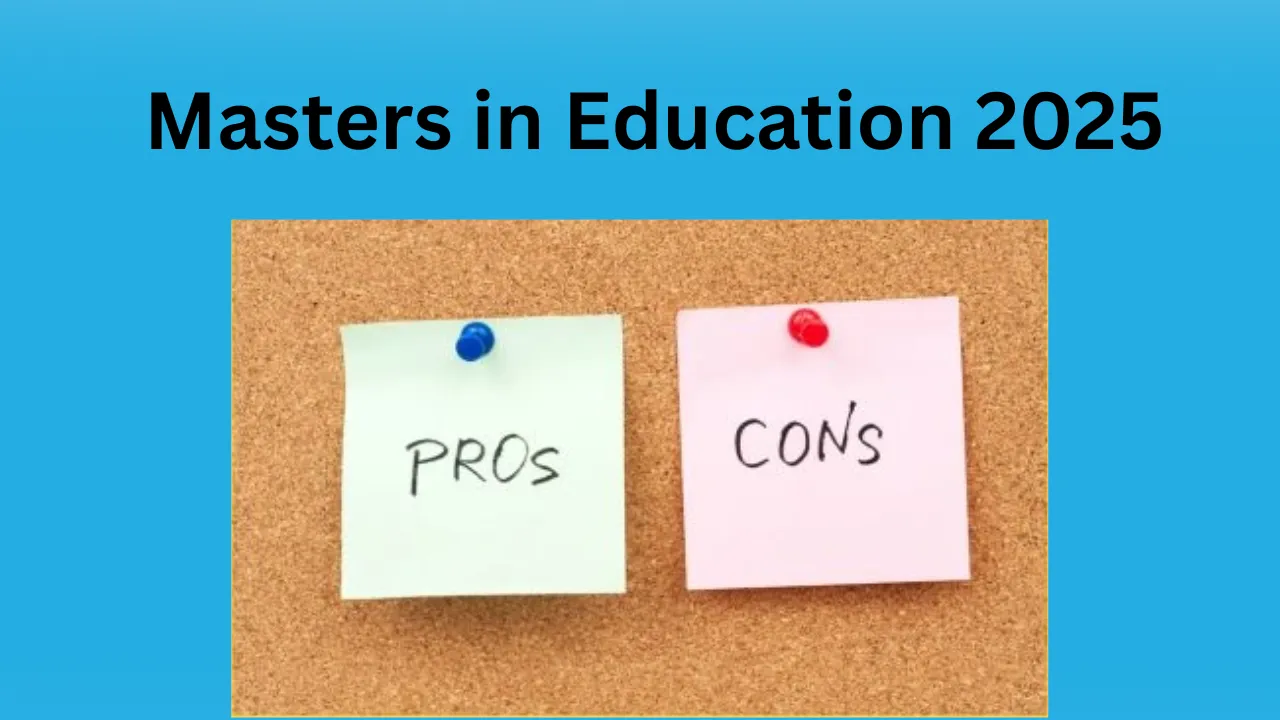Harvard settlement talks: In a move that’s capturing attention across political and academic circles, former President Donald Trump recently announced that Harvard University is engaged in negotiations with the White House.
These talks, which he teased on his Truth Social platform, may lead to what he described as a “mindbogglingly historic” agreement. While Trump offered little detail, his tone was unusually complimentary toward Harvard—a sharp contrast to months of public criticism and administrative clashes.
Harvard Settlement
The mention of a Harvard Settlement immediately raises eyebrows, especially considering the backdrop of legal tension and political pressure. Trump’s claim implies that Harvard might be willing to make concessions in return for relief from federal actions that have disrupted its operations. If accurate, such a settlement would likely involve the resolution of Harvard’s legal challenges against the government, including a lawsuit over the freezing of more than $2 billion in research funds and another contesting the attempt to strip its SEVP (Student and Exchange Visitor Program) certification.
This possible Harvard Settlement follows a federal judge’s preliminary injunction that halted the revocation of Harvard’s right to host international students. It signals a potential cooling of the conflict, one that has grown increasingly complex over months of legal and political escalation.
Overview Table
| Key Element | Details |
| Who Is Involved | Harvard University and the Trump White House |
| Announcement Source | Donald Trump via Truth Social |
| Timeline for Deal | Possibly within “the next week or so” |
| Legal Backdrop | Two lawsuits filed by Harvard in federal court |
| Focus Areas | SEVP status, federal research funding, diversity policies |
| Trump’s Tone | Praised Harvard’s cooperation during discussions |
| Official Confirmation | None from Harvard as of now |
What Is the Harvard Settlement?
At the center of attention is the term Harvard Settlement, which suggests a potential resolution to deep-seated legal and political disputes. Although no formal terms have been disclosed, the underlying conflicts are well known. The Trump administration had launched extensive investigations into Harvard’s operations, questioning its use of federal funds, diversity programming, and even involvement in campus protests related to international politics.
These developments led Harvard to file two lawsuits in defense of its institutional rights. A Harvard Settlement could mean both parties agree to drop legal claims in exchange for negotiated reforms, restored funding, or policy changes acceptable to both sides.
What Are the Allegations and Legal Battles?
Trump’s administration has accused Harvard of what he calls “largescale improprieties.” This includes alleged discrimination in admissions and hiring, questionable foreign partnerships, and tolerance of political activism that officials say crossed legal boundaries. In response, the government took actions that included:
- Freezing more than $2 billion in federal research grants
- Attempting to revoke Harvard’s SEVP certification, which supports over 7,000 international students
- Demanding audits of academic and student life policies
- Pressuring Harvard to dismantle or rename diversity offices and initiatives
Harvard countered these measures through legal filings, claiming that the government’s actions were retaliatory and unconstitutional. These cases remain in federal court, although recent judicial rulings have temporarily blocked some of the government’s more aggressive steps.
How Did the Court Ruling Shift the Debate?
On the same day that Trump hinted at the Harvard Settlement, a federal judge ruled in Harvard’s favor by issuing an injunction against the Department of Homeland Security. The ruling prevents the federal government from immediately canceling the university’s SEVP certification without due process. This protected international students from being forced out of the country and granted Harvard a significant legal reprieve.
That win could be one reason Harvard might be more confident in discussions, though it’s still unclear whether the talks will lead to a comprehensive resolution.
How Has Harvard Responded?
Though Harvard has not issued any public statements confirming Trump’s claims, the university has made quiet but significant internal moves. Some of these may be seen as conciliatory gestures, aimed at showing federal officials that Harvard is taking concerns seriously. These include:
- Replacing directors in its Center for Middle Eastern Studies, which had been criticized by conservatives
- Renaming its Office of Diversity, Equity, Inclusion, and Belonging
- Conducting reviews of campus programs that might be seen as politically biased or exclusionary
Such actions may have opened the door for dialogue and what is now being framed as the Harvard Settlement.
Why Would Harvard Enter Settlement Talks?
Harvard’s decision to pursue a settlement would not come lightly. The stakes are high. The threat of losing access to federal research grants or being penalized in how it supports international students could damage the institution’s global standing. Settling might allow the university to:
- Regain access to research funding
- Preserve international enrollment
- Protect its autonomy in shaping academic and campus life
- Avoid drawn-out court battles that risk more public scrutiny
If the Harvard Settlement indeed proceeds, it may become a strategic compromise—one that limits immediate harm while preserving the core values of the institution.
What Might the Settlement Include?
Though speculation abounds, some likely elements of a Harvard Settlement might be:
- Restoration of frozen research grants
- Continued participation in the SEVP program
- Institutional policy changes related to transparency and neutrality in hiring and admissions
- Voluntary reporting mechanisms to address federal concerns about foreign influence and campus politics
Trump’s remarks suggest that if the deal proceeds, it will be hailed as a landmark moment—possibly setting a precedent for how elite academic institutions engage with federal oversight.
What Happens Next?
The next week could be pivotal. Trump claims a deal is close, though neither Harvard nor the Department of Justice has confirmed any terms. What’s more likely is that behind-the-scenes negotiations are ongoing, with both legal teams evaluating what a mutually acceptable deal might look like.
Any public announcement would have to address two pending lawsuits, clarify changes in Harvard’s governance, and provide transparency about whether federal actions are being reversed.
Final Thoughts
The buzz surrounding the Harvard Settlement reveals how much tension currently exists between federal authorities and major universities. If Trump’s claims prove accurate, and a settlement is indeed reached, it would represent a stunning reversal of months of hostility—and potentially reshape how education policy intersects with politics.
The settlement, if finalized, may mark not just the end of litigation, but also the beginning of a new era of federal-university relations. Harvard’s actions and Trump’s words hint that while the challenges have been intense, both sides may now be ready for resolution.

